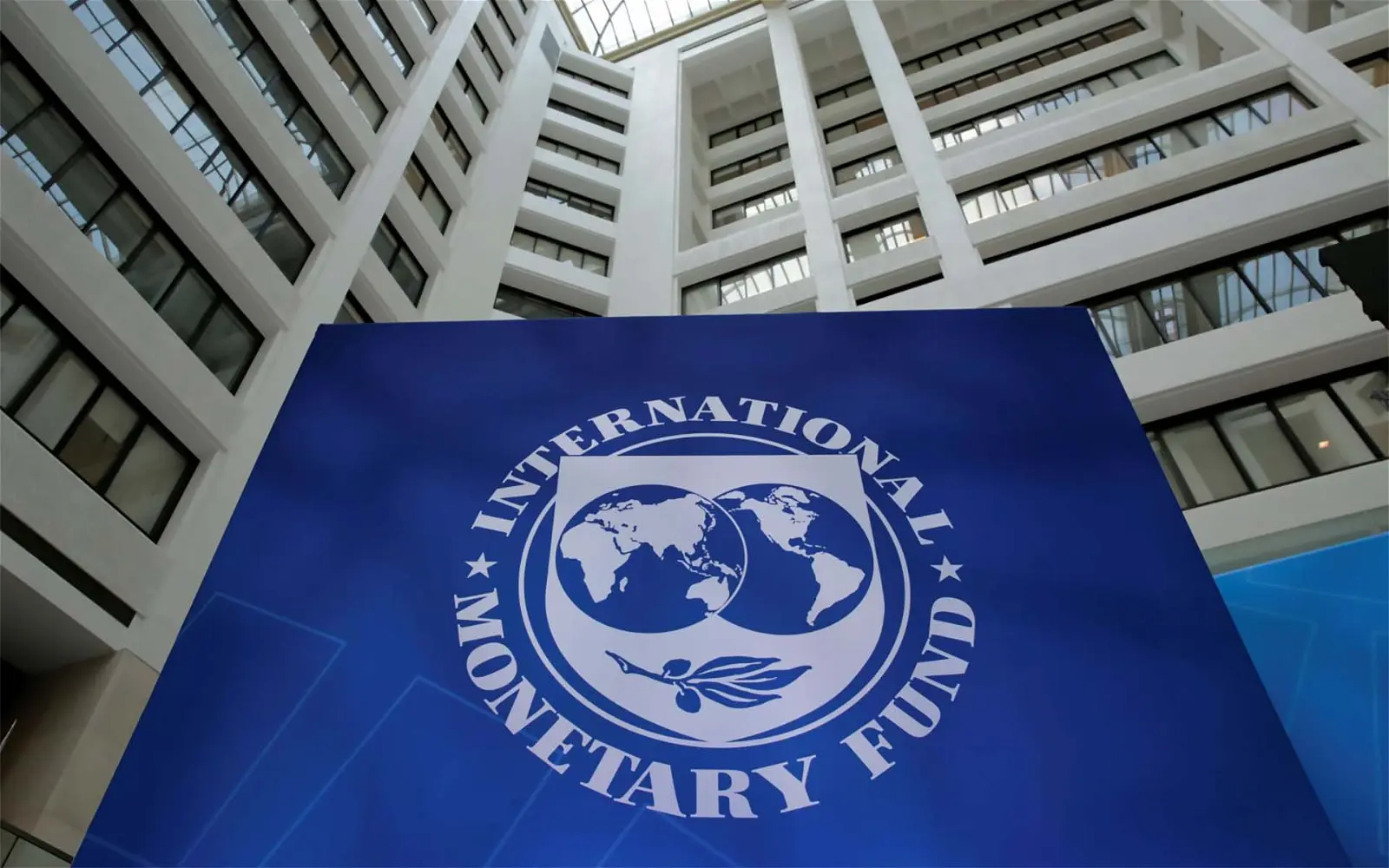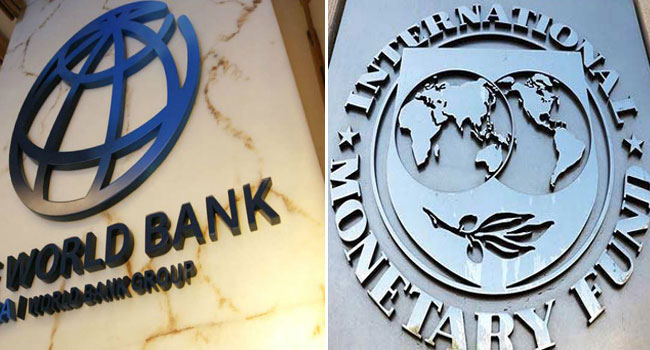The International Monetary Fund (IMF) has once again thrown its weight behind Nigeria’s efforts to remove fuel subsidies and unify its exchange rates, emphasizing that these measures are pivotal to the nation’s economic revival.
In an exclusive interview on Channel TV, Ari Aisen, the IMF representative in Nigeria, underscored the critical importance of these reforms for achieving macroeconomic stability.
Join our WhatsApp Channel“The removal of fuel subsidies and exchange rate unification must persist for Nigeria to reach a state of macroeconomic stability. These are policies that, when well-managed to avoid potential setbacks, can pave the way for a brighter economic future in Nigeria.”
Aisen explained that the removal of fuel subsidies and exchange rate unification would lead to a reduction in inflation and a more predictable exchange rate, making Nigeria an attractive destination for potential investments—an open door to opportunities that have remained largely untapped.
READ ALSO: Sage Gray Technologies Launches E-Commerce Platform
“GDP growth has been modest, largely owing to high fuel prices and soaring inflation, which have eroded the purchasing power of Nigerians. However, we are in a transitional phase, and the initial steps taken in the direction of reforms were the right ones.”
Highlighting the significance of ending fuel subsidies, Aisen stressed that these subsidies had been draining the country’s financial resources for far too long.
During the interview, Aisen also addressed concerns regarding Nigeria’s growing debt burden. He urged the government to adopt a comprehensive approach and exercise fiscal discipline to ensure that the debt remains manageable.
“Debt-to-GDP ratios in Nigeria have been at a moderate level, but it’s crucial to implement policies that restrict the government’s financial requirements. Furthermore, the dialogue surrounding social transfers to the most vulnerable in society must persist.”
He acknowledged ongoing discussions between the World Bank and Nigerian authorities regarding social transfer programs and emphasized the need to prevent the burden of reforms from falling disproportionately on the most vulnerable members of society.
“There are no simple solutions to these challenges. We knew from the outset that reforms would entail some transitional pain for all parties involved. It’s imperative that this time, the burden is not borne by the most vulnerable.
Both the government and the private sector must collaborate to find solutions that protect the most vulnerable segments of society.”
Emmanuel Ochayi is a journalist. He is a graduate of the University of Lagos, School of first choice and the nations pride. Emmanuel is keen on exploring writing angles in different areas, including Business, climate change, politics, Education, and others.


















Follow Us